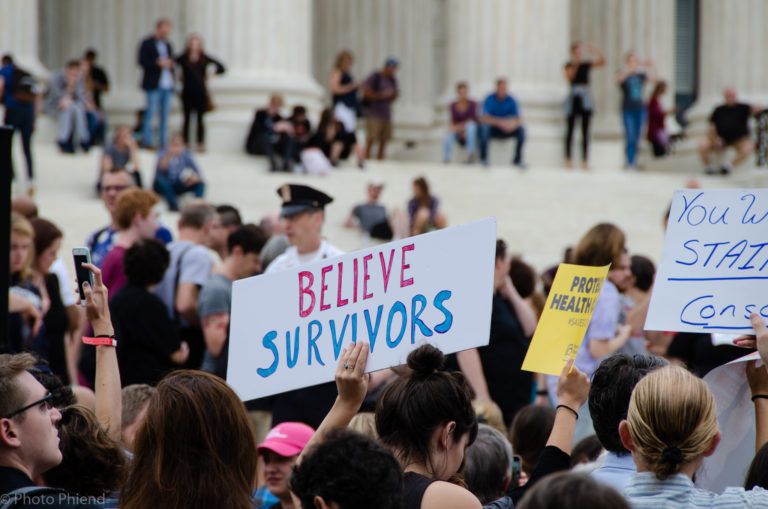Written by Scherezade Siobhan
Trauma-informed therapy and counseling can become sources of consistent and restorative care for anyone who has survived sexual assault/abuse. In order to ease yourself into it, here are 4 things you should be aware of when you begin therapy:
1. You Own Your Disclosure — Your disclosure, first and foremost, belongs to you and there is nothing wrong in admitting that it can be raveled, have multitudinal nesting that might be difficult to unpack at one go. You are under no obligation to reveal beyond what your endurance can grant you. Your therapist and you need to be cognizant of the fact that it might be difficult and triggering initially. Creating open lines of communication during counseling, including setting safety lines/terms when you need to recede, can help draw the borders you need when speaking about your experience. This reduces the stress of power differentials that can be a little overwhelming in therapeutic exchanges.
2. Mindfulness about Intersectionality — Ask your therapist/clinician if their practice is informed by an intersectional and inclusive approach to mental health. Conditioning about sexual assault is often an outcome of sundry factors tied together by systemic oppression that emerges from misogyny, casteism, racism, classism and gender stereotyping among other inequalities that frame our daily social stratification. If you are seeking help, your therapist needs to have a distinctly broad-spectrum approach to mental health so that you can participate in a safe, assuring conversation without being shamed or challenged in negative ways.
3. Engaging with Self-compassion — In an age where self-care has become a “hash tagged” social media movement, we might be remiss to not notice how consumerism and branding have taken over the more grounded reality of unconditional empathy. You have the choice and the right to ask your therapist to work with you towards cultivating more diverse and freeing modes of self-compassion that acknowledge and respect the roots of your vulnerabilities without seeking any apologies for your past. This can be done simultaneously with creating shared recognition for its impact on your life; in the words of an old mentor — the past can’t be solved, only resolved.
4. Multi-dimensional healing — Direct engagement with a therapeutic process is the first step towards handling pain, confusion, alienation as well as getting validation for the traumatizing grief that accompanies any form of abuse and/or assault. It is always recommended to have some kind of additional support system that can be your emotional electric blanket when you go through periods of self-isolation/doubt. Affordability can be a challenge and it is important for therapists to keep a ready resource list for clients from all economic brackets. Once you find yourself developing the capacity to rise above the trauma, try discussing options for other forms of self-affirming activities that help you find community and joy outside therapy as well.
You determine what kind of healing is necessary and achievable for you!
Scherezade Siobhan is an award-winning psychologist, writer and a community catalyst who founded and runs The Talking Compass — a therapeutic space dedicated to decolonizing mental health care.
This article was first published by Smashboard on a social media blog in 2018 Picture Courtesy: Duong Nhan










